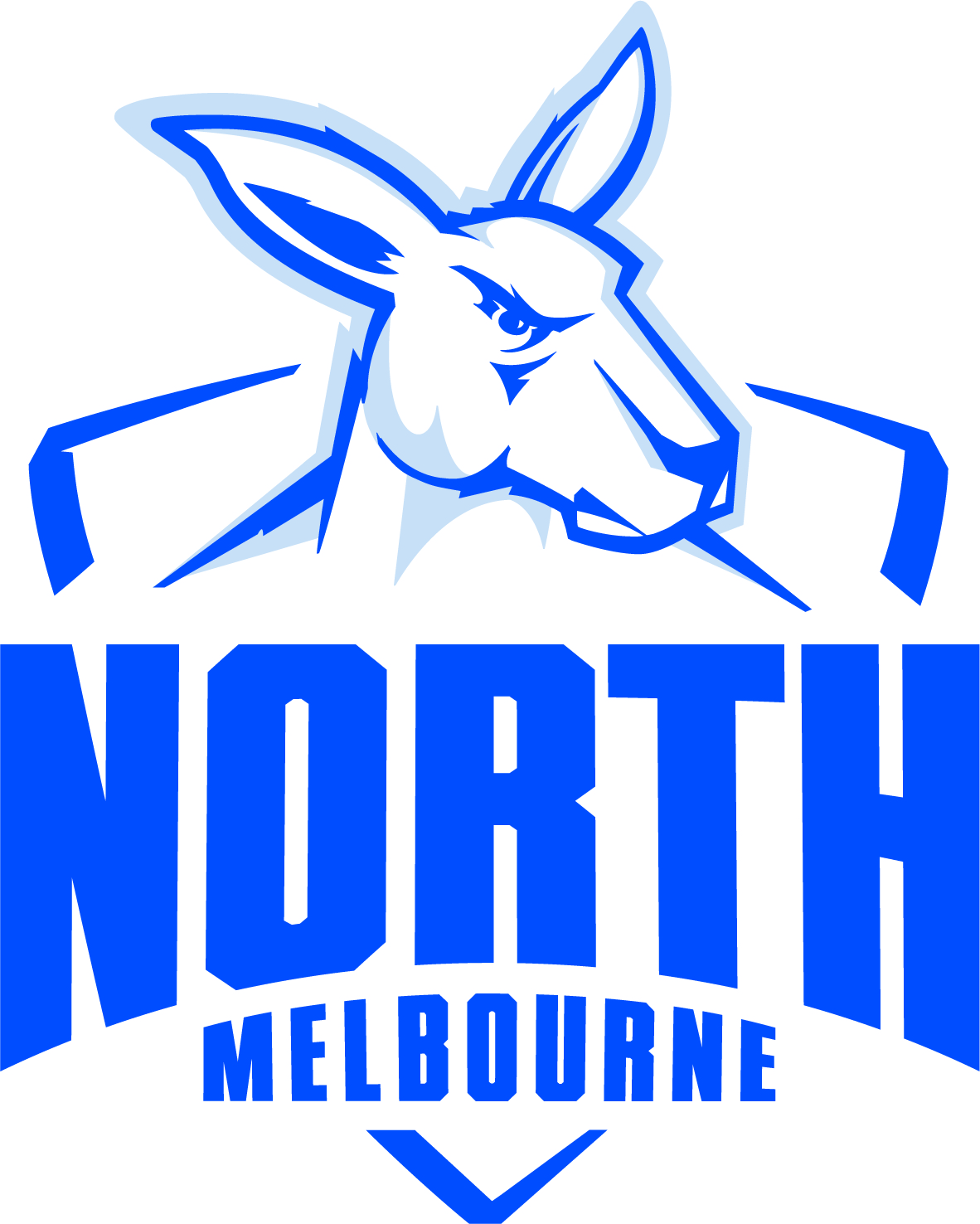

North Melbourne Football Club

1.6
Victoria, Australia
October 2025
Sports clubs: prof & amateur
Service with Significant Environmental Footprint
Australia
The North Melbourne Football Club, competing in the Australian Football League, stands as one of the world’s oldest sporting organisations. Defined by its bold, pioneering spirit and deep connection to its inner-city, working-class roots, the Kangaroos trace their history back to the 19th century. Home to four elite teams (AFL, AFLW, VFL, VFLW) at its historic Arden Street location, North Melbourne is proud to be the first professional sporting club in Australia to achieve B Corp Certification, setting a new benchmark for the national sports sector. This certification publicly affirms the club’s ethos of being champions both on and off the field. Guided by the famous ‘Shinboner Spirit’ North Melbourne operates to high ethical and responsible standards, driven by its passionate community and positive impact work, particularly through its community arm, The Huddle. The club’s B Corp status provides a critical framework for accountability, ensuring North Melbourne continues to be a leader in ethical standards and a powerful, positive force for the community it serves.
Overall B Impact Score
Governance 9.5
Governance evaluates a company's overall mission, engagement around its social/environmental impact, ethics, and transparency. This section also evaluates the ability of a company to protect their mission and formally consider stakeholders in decision making through their corporate structure (e.g. benefit corporation) or corporate governing documents.
What is this? A company with an Impact Business Model is intentionally designed to create a specific positive outcome for one of its stakeholders - such as workers, community, environment, or customers.
Workers 24.9
Workers evaluates a company’s contributions to its employees’ financial security, health & safety, wellness, career development, and engagement & satisfaction. In addition, this section recognizes business models designed to benefit workers, such as companies that are at least 40% owned by non-executive employees and those that have workforce development programs to support individuals with barriers to employment.
Community 39.2
Community evaluates a company’s engagement with and impact on the communities in which it operates, hires from, and sources from. Topics include diversity, equity & inclusion, economic impact, civic engagement, charitable giving, and supply chain management. In addition, this section recognizes business models that are designed to address specific community-oriented problems, such as poverty alleviation through fair trade sourcing or distribution via microenterprises, producer cooperative models, locally focused economic development, and formal charitable giving commitments.
What is this? A company with an Impact Business Model is intentionally designed to create a specific positive outcome for one of its stakeholders - such as workers, community, environment, or customers.
Environment 15.5
Environment evaluates a company’s overall environmental management practices as well as its impact on the air, climate, water, land, and biodiversity. This includes the direct impact of a company’s operations and, when applicable its supply chain and distribution channels. This section also recognizes companies with environmentally innovative production processes and those that sell products or services that have a positive environmental impact. Some examples might include products and services that create renewable energy, reduce consumption or waste, conserve land or wildlife, provide less toxic alternatives to the market, or educate people about environmental problems.
Customers 1.7
Customers evaluates a company’s stewardship of its customers through the quality of its products and services, ethical marketing, data privacy and security, and feedback channels. In addition, this section recognizes products or services that are designed to address a particular social problem for or through its customers, such as health or educational products, arts & media products, serving underserved customers/clients, and services that improve the social impact of other businesses or organizations.